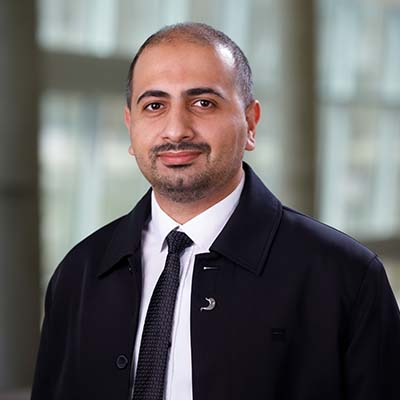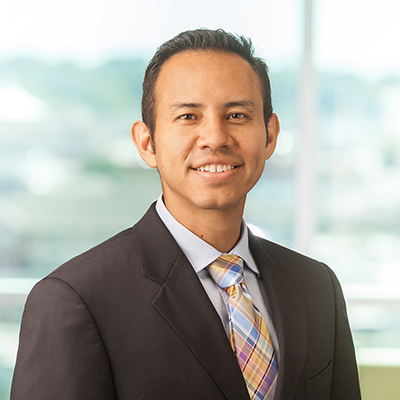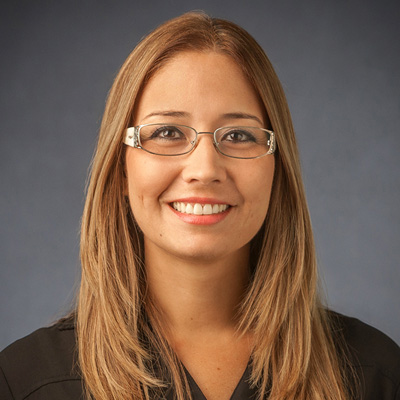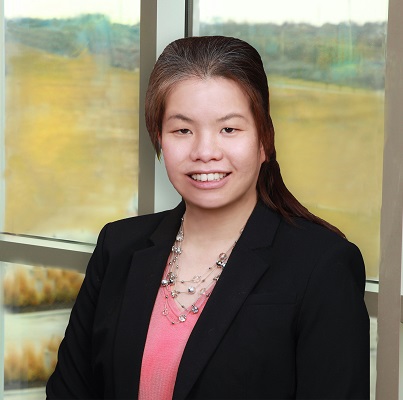About Us
The Gastroenterology, Hepatology & Nutrition specialists at Children’s Nebraska treat kids from birth to age 19 who are struggling with liver conditions or eating and digestive issues, including abdominal pain, constipation, food allergies and liver disease.
Our team is highly collaborative, working with providers across specialties to provide the best possible outcomes for your child. Our team will develop an individualized care plan for your child and keep you informed every step of the way.
Contact Us
Gastroenterology, Hepatology & Nutrition
Phone:
Fax:
402.955.5720
Conditions We Treat
Our pediatric gastroenterology and hepatology specialists and other team members diagnose and treat many digestive health issues, including:
Meet Our Providers
At Children's, our renowned pediatric gastroenterology and pediatric hepatology experts offer advanced, comprehensive treatment for your child's digestive and liver conditions.




Emille Marie Reyes Santiago, MD
Languages: Spanish, English
Specialties: Transplant Hepatology, Gastroenterology


Warapan Nakayuenyongsuk, MD
Language: English
Specialties: Pediatric Transplant Hepatology, Gastroenterology, Gastroenterology Nutrition
Treatments and Services
Our pediatric gastroenterologists and hepatologists practice in Omaha, Nebraska; Lincoln, Nebraska; and Sioux City, Iowa.
Locations
Children’s Nebraska Specialty Pediatric Clinic – Sioux City
Children's Nebraska Specialty Pediatric Clinic – Lincoln
Clinics and Programs
Weight & Wellness
Our nutritional Weight & Wellness program is centered on overall health, not just numbers. We believe in a holistic approach to pediatric weight and wellness, focusing on positive lifestyle changes for your child and the entire family.
Motility Disorders Program
The Motility Disorders Program at Children’s Nebraska specializes in treating problems with the muscles and nerves in your child’s digestive tract that cause food to move too slowly, too quickly or in the wrong direction.
Next Steps
Check with your insurance company before your visit to see if you need a referral.
Call 402.955.5700 for an appointment.
On the day of your child’s appointment, please arrive 15 minutes early.
Bring the following with you:
Insurance card, photo ID and co-payment
A list of your child’s current medications and a history of previous medications
Copies of X-rays, blood work, MRI or CT scans, including written reports and memory discs for any MRIs or CTs
Special equipment that your child may need during your visit
If needed, a notarized document allowing someone other than the child’s legal guardian to give permission for treatment. You may also call 402.955.8758 or 877.755.8883 to give verbal consent before the visit.
Completed patient history form, if this is your child’s first visit
What Sets Us Apart
At Children’s, our pediatric gastroenterologists understand the unique anatomy and physiology of a child's digestive system, as well as the different conditions that can affect them at various stages of development. Additionally, our pediatric hepatologists specialize in diagnosing, treating and managing various liver diseases ensuring custom care and support for young patients.
Children’s has the state’s only hospital-based specialty clinics for digestive and eating disorders. Our team offers comprehensive care supported by experienced providers committed to addressing every aspect of your child’s condition, ensuring a holistic approach.
Our pediatric gastroenterologists also conduct clinical trials offering the latest and most promising treatments for conditions such as liver disease, motility disorders and intestinal failure.
In addition, the Omaha community has several resources. While not affiliated with Children’s, they provide valuable support for families. A parent partner ([email protected]) supports families of children with inflammatory bowel disease (IBD), and the My IBD Family Facebook group coordinates educational and social events.
Awards and Honors
Children’s Nebraska was among the first in the nation to offer advanced procedures such as endoscopic microscopy and endoscopic ultrasound in a pediatric setting.
We continually seek innovative treatments for children with digestive tract, liver and nutrition disorders. For example, we are involved in ImproveCareNow, which is dedicated to restoring the wellbeing of children with Crohn’s disease and ulcerative colitis. By exchanging evidence-based practices with other providers across the globe, our team can offer the most effective care for children with inflammatory bowel disease.



